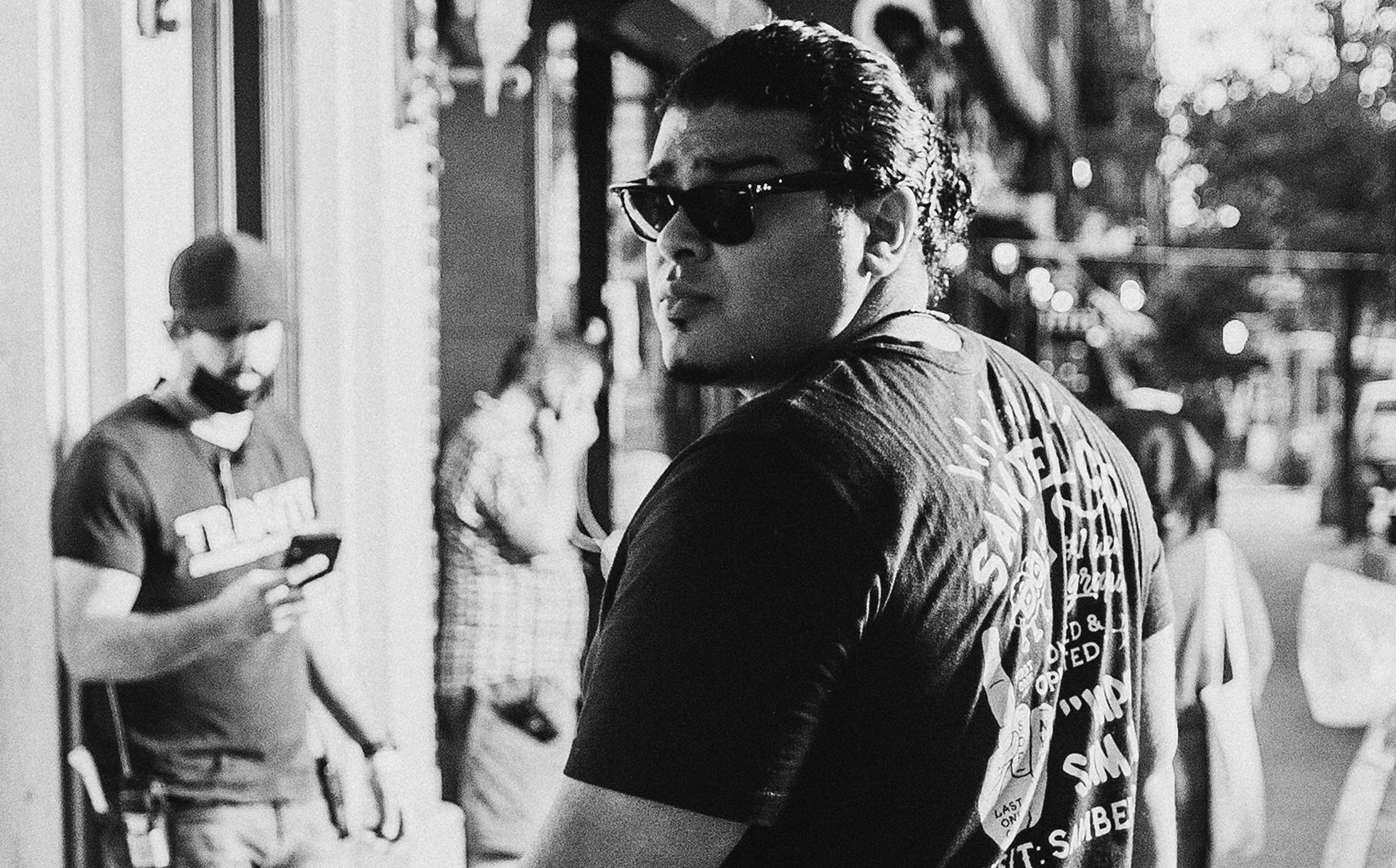the blog
Today’s Translation apps are Keeping You lonley Abroad
In our increasingly interconnected world, the ability to communicate across languages has never been more critical. Yet, despite the advancements in translation technology, many of us find ourselves grappling with embarrassing and inauthentic interactions when attempting to connect with others from different linguistic backgrounds using these readily available translation apps.
I’m Sam, the founder of Dialects (AI-powered real voice language translator). http://dialects.world and we’re hoping to help everyone on Earth communicate better.
Translation technology has its place in facilitating communication and I believe it should complement, not replace, genuine language learning and cross-cultural exchange.
In our increasingly interconnected world, the ability to communicate across languages has never been more critical. Yet, despite the advancements in translation technology, many of us find ourselves grappling with embarrassing and inauthentic interactions when attempting to connect with others from different linguistic backgrounds using these readily available translation apps.
This reliance on subpar tools not only impedes genuine communication but also costs us the opportunity to form real connections overseas.
The Embarrassment of Inauthentic Communication
Picture this: you’re traveling abroad, eager to immerse yourself in a new culture. You enter that restaurant in Italy and are ready to converse with the waiter. You enter your question about the menu on Google Translate and you hear a generic robotic voice coming out of the speaker. All the locals turn around curious what that sound is. It’s a scenario all too familiar for many, where the promise of technology falls short, leaving us feeling embarrassed and disconnected.
Keep in mind this is the one-way road to translation, not incorporating how the waiter might have to speak back to you.
If this sounds familiar or you can imagine this scenario you are not alone.
We reached out the community to tell us about what they’ve experienced while traveling, here are a few (trust me, the list was long)…
I always miss overhearing fleeting conversations. It’s pretty isolating not to understand anything being said around you.
In Japan ordering food.
Depends on the country. In some places it’s a safety issue, as you don’t want to get lost and find out too late you’re somewhere you shouldn’t be. In some places, it’s being able to fully enjoy customs and interact with locals. In some places your toughest part is transportation. Being an English-speaking American in itself can present several obstacles depending on the country as well.
I'm pretty sure everyone is trying to fleece you.
Odd stuff that would otherwise be insignificant. An Uber driver takes you to the wrong place while you’re in a remote area outside of cell phone coverage. Explaining that you left your key in your room to the night clerk at a hotel who’s English isn’t as good as the day shift. Figuring out that you’re dialing the wrong number of digits on the phone because you keep getting the same wrong number. Not understand that there’s one line for all three ATMs. Forgetting your sunglasses in a taxi. The train conductor who is trying to tell you that you can’t put your feet on the seats. Being the target of a shoe-shine con.
One time I took a bus from Athens to a small town about 6 hour away. Halfway through the bus stopped at a station and everyone got off. I panicked because I didn’t know if I was supposed to change buses or what. Finally found one person who spoke a minimal amount of English who was able to tell me “bathroom break”.
Misinterpretations and breakdowns in dialogue can erode trust and rapport, hindering the potential for genuine connections.
As well as keeping us away from friendships we never had the opportunity to create in the first place.
Whether in business negotiations, social encounters, or personal relationships, the inability to communicate authentically can lead to missed opportunities and strained interactions. In a world where connections are increasingly forged online, the stakes for interpersonal communication have never been higher.
The Challenge of Building an App that Feels Like a Natural Conversation
In the realm of technology, the challenge of crafting software that authentically simulates conversation presents a significant hurdle. The intricacies of human language — its subtleties, tones, and cultural nuances, pose a complex puzzle for developers like us to solve.
However, we’re close. This pursuit demands a careful balance of technical prowess and user-centric design, where every element, from natural language processing algorithms to interface aesthetics, must harmonize to create a seamless and intuitive experience. Despite the inherent difficulties, the quest for conversational software represents a meaningful endeavor with the potential to revolutionize digital communication.
This is undoubtedly our biggest challenge. With Dialects, we want to prioritize authenticity and accuracy above all else. Powered by advanced AI voice pattern recognition software, our app goes beyond literal translations to preserve the nuances and cultural context of language.
Fostering Genuine Connections Overseas:
With Dialects in hand, users can break down language barriers with ease, opening doors to genuine connections and friendships abroad. Whether traveling for business or pleasure, Dialects empowers users to engage authentically with people from diverse linguistic backgrounds. By fostering more meaningful interactions, Dialects has the potential to enrich lives, broaden perspectives, and cultivate mutual understanding on a global scale.
As we navigate the complexities of our connected world, the importance of authentic communication cannot be overstated. By embracing tools like Dialects that prioritize authenticity and accuracy, we have the opportunity to redefine cross-cultural communication for the better.
In a world where communication knows no bounds, authenticity remains our greatest currency. With Dialects, we all have the opportunity to bridge the divide, transcending linguistic barriers to foster genuine connections and friendships that span the globe. It’s time to embrace the power of authentic communication and unlock the true potential of cross-cultural exchange.
Try our demo here: https://dialects.world. Together, let us embark on a journey towards more meaningful connections — one conversation at a time.
A Founders Journal: Fear and Loathing in Silicon Valley
My experience with fear and pushing through to keep chasing success. An honest view into entrepreneurship.
As I begin to start a new company, a new app, a new business. I find myself scared. I’m not sure what this is exactly, it’s a feeling of stage freight. Or maybe the realization of how much work it is. It’s a feeling of getting up and starting again. Can I muster the grit to try once more? I know what you need to do to create a successful startup. Talk to customers, iterate, talk to customers, and repeat. Am I still after all these years afraid of rejection? Could my 9-5 be burning me out? I think it’s a fear of, success. But how can you be afraid of something you want so badly, maybe I’m unsure of what I’d have to discover about myself when I get it.
Maybe I’m emotionally traumatized from the past startups, of pushing, day in and day out to make something out of nothing. I think Sam Altman, GPT Commander-in-Cheif said it best. He said something along the lines of he realized, he didn’t have the energy for things that didn’t work and had unlimited energy when it did. Meaning the success of a startup. I’d have to agree with him. I’m writing this, but it is hard to say. I know in the startup world we’re expected to be invincible and stoic. As I venture into this new, unknown territory once again I realize this is what I do, it’s what I love and I have to learn to have fun with this. I need to jump in and take the ride.
Wish me luck. If you’re interested in what I’m building: https://dialect.world.





